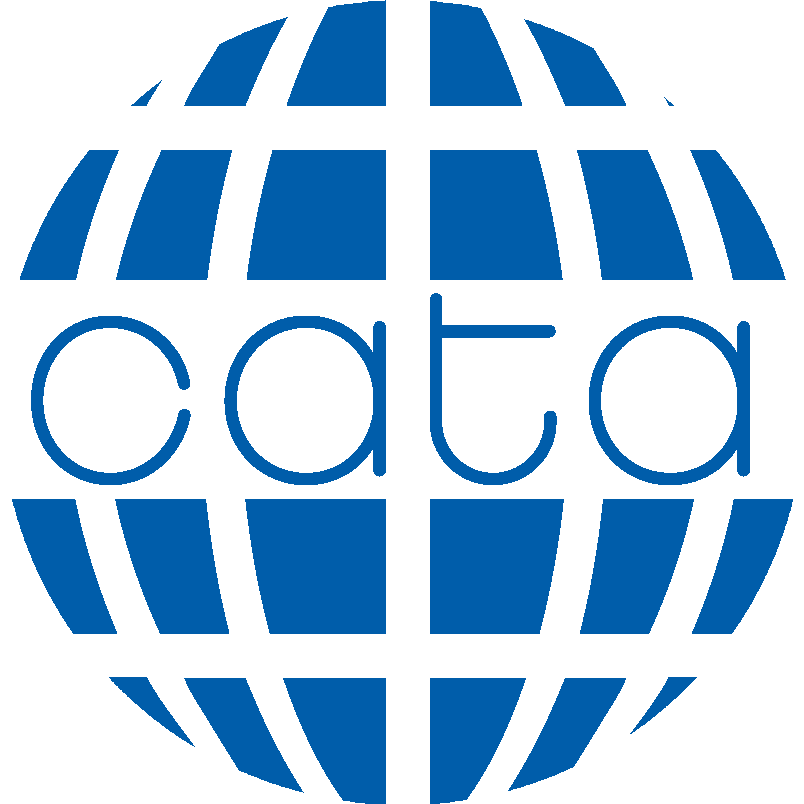Kenya - Fiscal reforms aimed at addressing effects of COVID 19 pandemic
Article by Loice Akello, International Relations & Diplomacy, Kenya Revenue Authority
The COVID-19 pandemic has adversely affected business across the globe. Kenya has equally been affected and the country has experienced a decline in revenue. This has been attributed to scaling down of business activities and the shutdown of businesses since the first COVID-19 case was reported in the country. The pandemic has also seen a majority of employees work from home and transact business through digital platforms. The uncertainty has also seen the Government introduce several interventions to enable business continuity and support the livelihood of its citizens.
One of the Government initiatives set to cushion Kenyans from the effects of the pandemic is the introduction of the tax and fiscal incentives programme aimed at facilitating socio-economic recovery. The Government has set aside 0.4% of the Gross Domestic Product (GDP) or $400 million for health services interventions, cash transfers to low-income earners, social protection funds, and food relief funds.
This initiative was meant to maintain cash flow for businesses during the pandemic. In the FY2020/21 budget, the Government introduced an additional Ksh56.6 million (0.5% of GDP) economic stimulus package. The package will be used to fund youth employment schemes across the country dubbed Kazi Mtaani. It will also provide credit guarantees and increase cash transfer funds. These measures are geared towards ensuring that there is cash flow in the market and livelihoods are sustained.
Further, the Government reviewed the VAT and Income Tax regimes, which saw the introduction of Income Tax relief for persons earning an income below an equivalent of $225 per month. Other taxes reviewed include the reduction of Pay-As-You Earn (PAYE) from 30% to 25%, reduction of Corporation Income Tax rate from 30% to 25% and reduction of Turnover Tax rate on small businesses from 3% to 1%.
The reduced tax bands give the citizens more purchasing power and increase production rate to meet market demands and hence keep more businesses afloat. The review of Corporation Tax rate also enables companies to save administration costs and minimize staff layoffs. On the other hand, reduction in VAT rate will translate to decrease in prices of basic commodities. This will increase consumption of fast moving consumer goods and protects business from closure.
Kenya Revenue Authority (KRA) further paid out $100 million in VAT refunds to businesses. This follows a presidential directive that the government allocate a special fund to KRA in reimbursing VAT refunds. The refunds are expected to offer financial relief to businesses hit by the COVID-19 pandemic especially the horticulture, transport and hospitality sectors. This will also boost firms that are struggling with cash flows amid reduced demand for their products during the pandemic. The initiative will also improve liquidity in the economy and ensure businesses remain afloat by enhancing their cash flows and increasing production.
Kenya has continued to work with various agencies to provide technical assistance aimed at reforming tax systems through the KRA. KRA has, and continues to greatly benefit from its international relations with development partners. In the past financial year, KRA greatly benefited from both financial, in-kind, and capacity support from partners such as the International Monetary Fund (IMF) and USAID (through the US Treasury Office of Technical Assistance). The collaboration touched on topical areas including revenue administration, risk management, audit, debt recovery and monitoring and evaluation for tax administration in line with KRA’s strategic priority areas as envisioned in the KRA 7th Corporate Plan.
Speaking recently during a virtual meeting titled “Fiscal Institution Building During a Pandemic” convened by the Centre for Global Development (CGD) on 23rd July 2020, KRA’s, Commissioner for Domestic Taxes Mrs Elizabeth Meyo said that the international partnerships have resulted in several key achievements. Some of the achievements include; restructuring of Domestic Taxes Department’s (DTD) operations and cleaning, development and approval of business rules for both master & transaction. Through the partnership, KRA has also developed a repository to host 3rd party data to enhance data integrity, separation of audit and compliance to build credible risk-based audit programs across large and medium taxpayer offices. The revenue authority has also adopted a new Corporate Debt & Account Management Manual and offloaded debt cases below $1,000 to its call centre for action and follow up allowing case officers to concentrate on bigger cases. Another key achievement has been the setting up of best practice in Enterprise Project Management.
The Central Bank of Kenya (CBK) also announced some monetary measures in response to COVID-19 pandemic. These include flexibility of bank loans classification and provisioning of loans that were performing on 2nd March 2020 but were later restructured due to the pandemic. This encouraged banks to extend flexibility to borrowers’, where loan terms were based on pandemic-related circumstances. It also encouraged the waiving or reduction of charges on mobile money transaction and suspended the listing of negative credit information for six months, to borrowers whose loans became non-performing after 1st April 2020.
